Devcom 2025, which will be renamed Gamescom Dev from next year onward, presented an impressive and wide-ranging catalogue of topics, lectures, and expo demonstrations at the Confex Congress Center in Cologne, just before Gamescom officially opened its doors. The general atmosphere reflected the ongoing shifts in the industry – cost reduction, unionization, and AI-driven automation. A dedicated track on XR was particularly worth visiting for a closer look at these developments within this segment of game production.
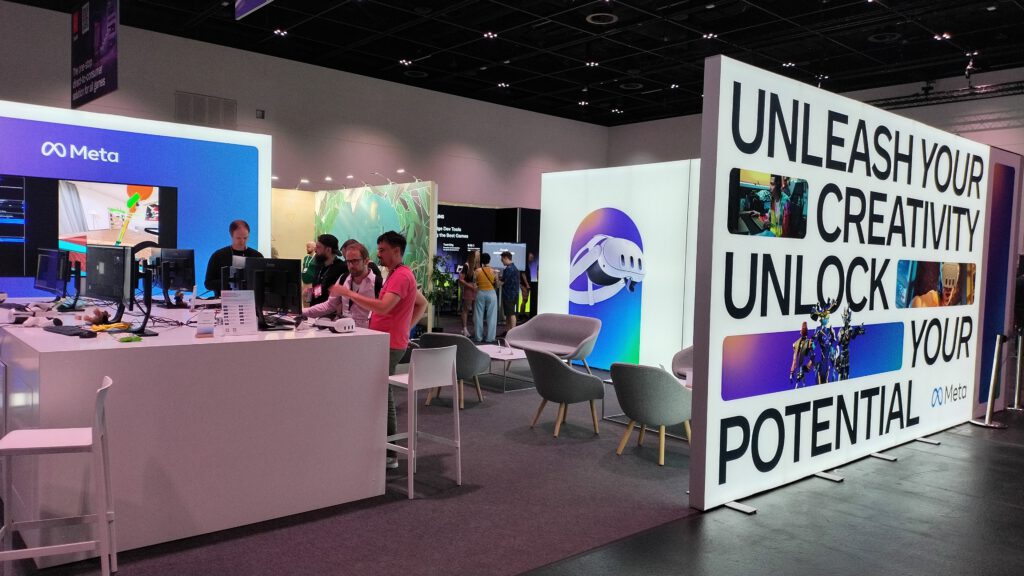
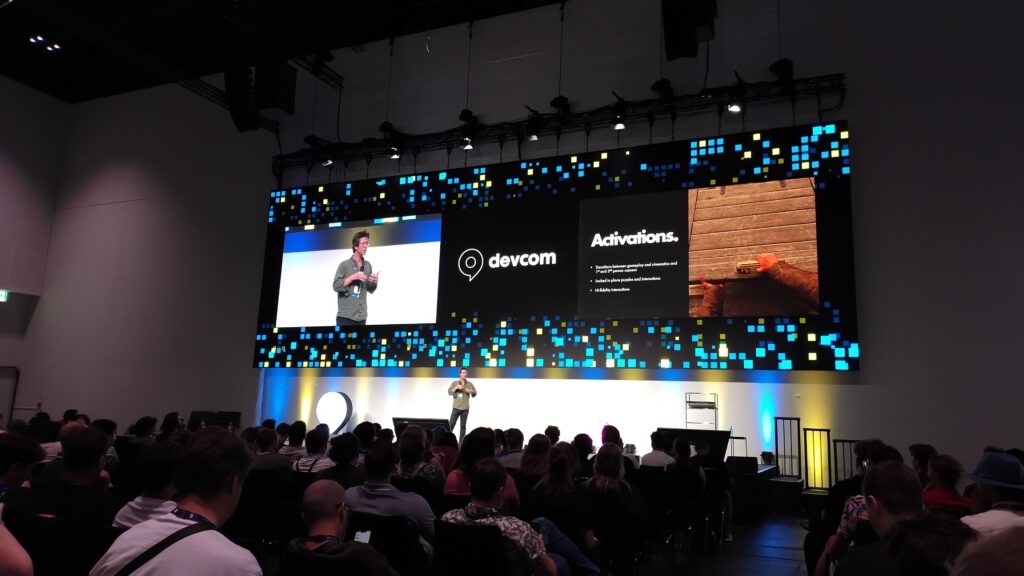
With a central booth in the expo area and strong visibility as a sponsor of the show, Meta promoted its newest SDK for MR development in Unity. The package featured essential building blocks to streamline production workflows and a newly developed runtime analyzer for improved XR optimization. Meta also showcased the latest iteration of its Horizon standalone editor, highlighting advanced AI toolsets for object generation and environmental design in VR.
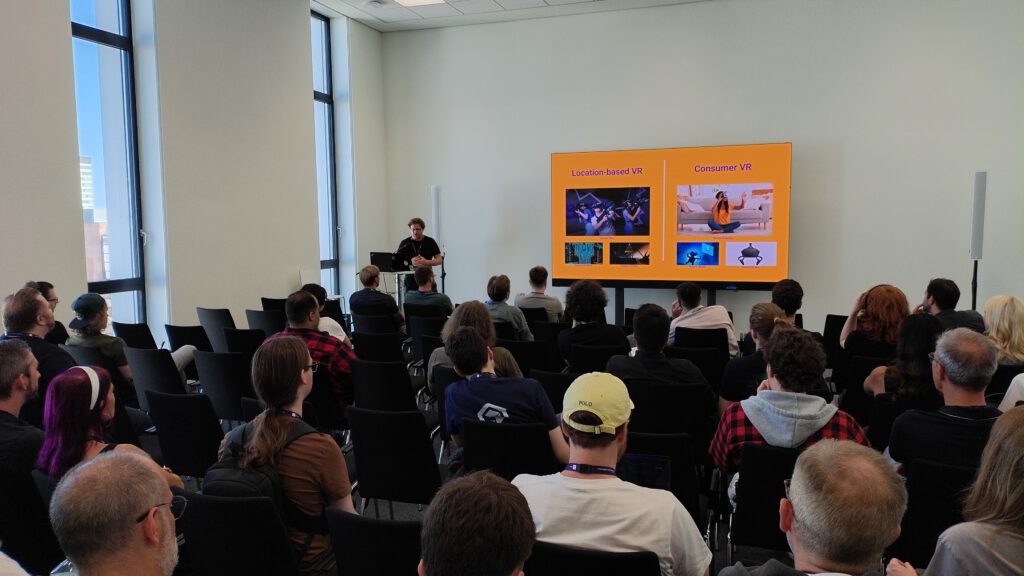
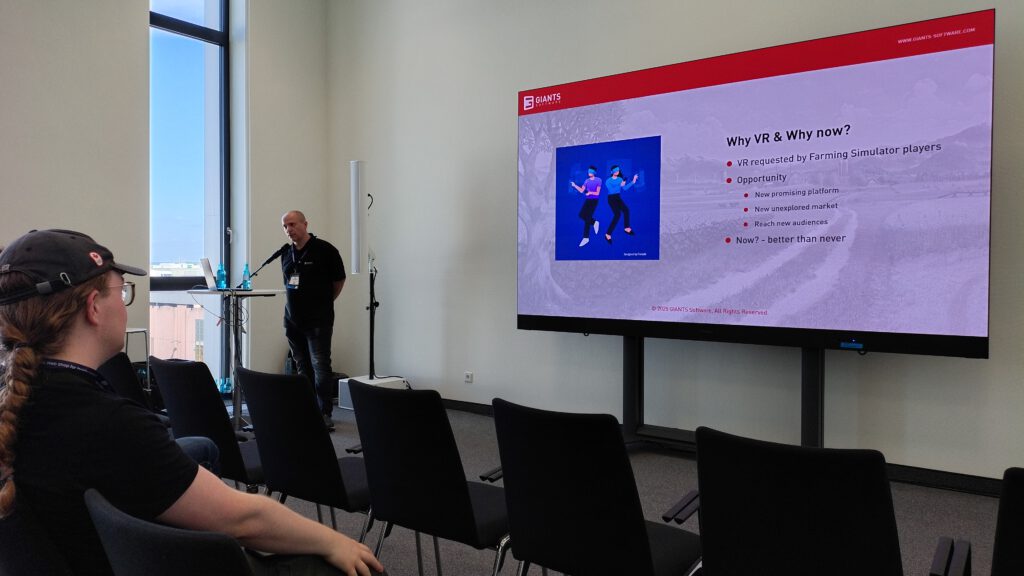
The XR track in the conference program focused on lessons learned, experience exchanges, post-mortem production reports, and case studies reflecting ongoing trends in user behavior. Overall, the industry continues to struggle with reconciling established production frameworks with XR-specific requirements. Attempts to directly translate traditional approaches into XR often lead to dead ends, while XR-first approaches tend either to produce niche products or to require parallel development alongside a base game – effectively doubling production efforts.
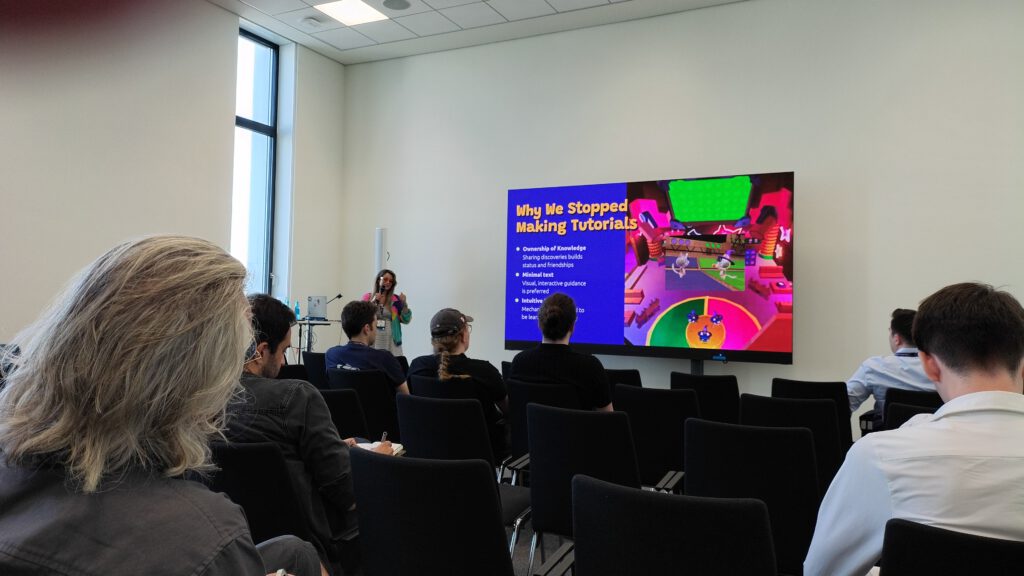
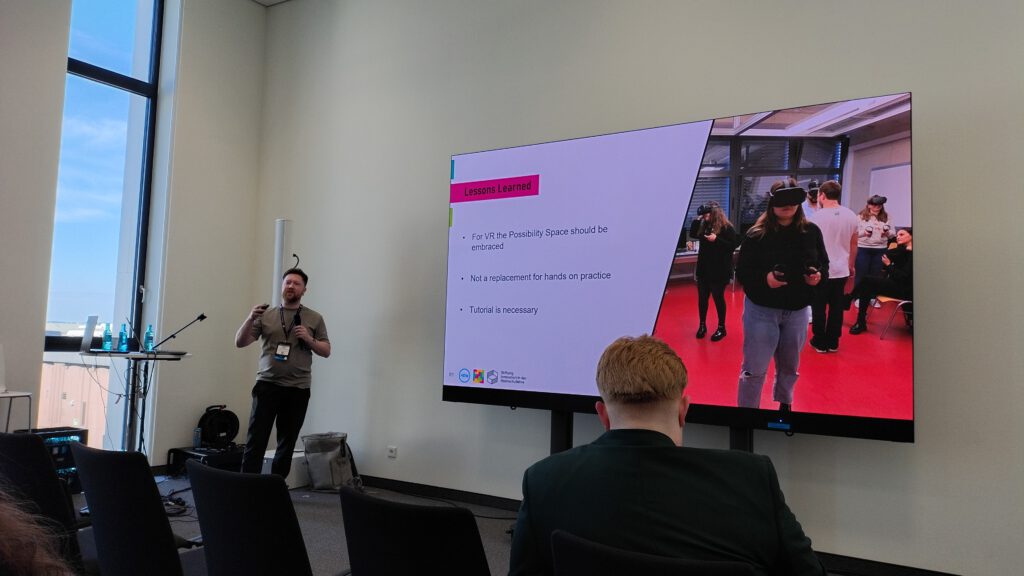
Similar difficulties arise on the audience side. The buyers of traditional games differ significantly from XR buyers, and so far, there is little evidence of crossover between the two groups. This makes hybrid production and marketing strategies between traditional games and XR offerings an unresolved challenge. By contrast, the situation looks different for VR Natives – a younger audience more interested in event-driven role-play than in meticulously polished, standalone products. This trend could benefit socially oriented VR platforms like Meta’s Horizon, provided they maintain a VR-specific focus rather than pursuing broader mobile media integration.
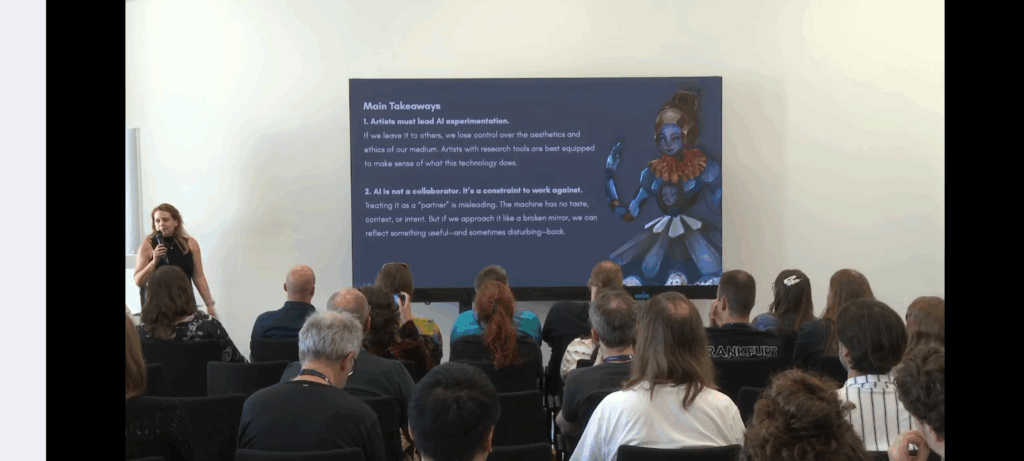
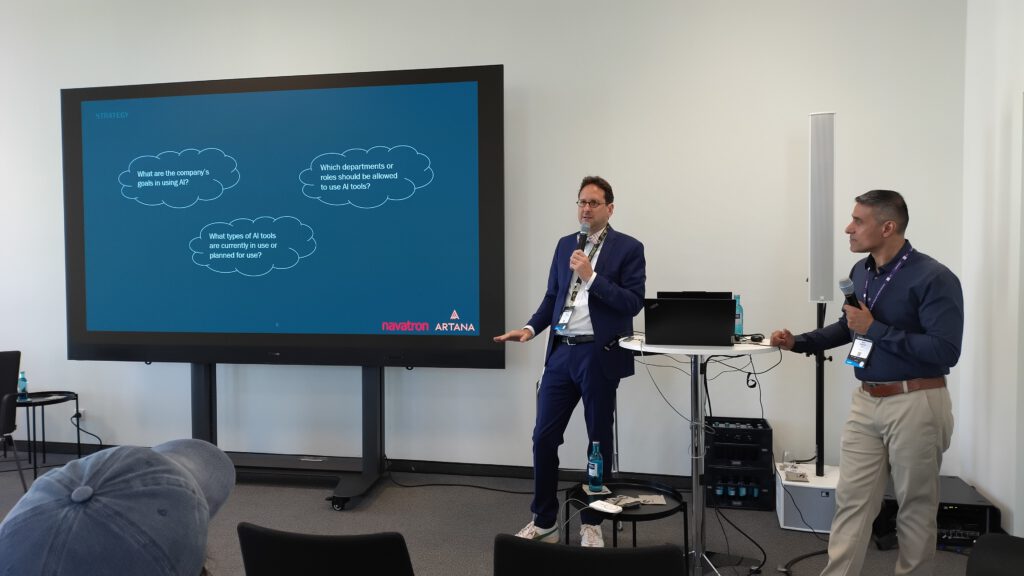
Devcom 2025 illustrated both the opportunities and the frictions in today’s gaming landscape. XR remains a promising yet fragmented frontier, requiring tailored production methods, distinct audience strategies, and platform-specific visions. Whether XR can mature beyond its niche will depend on how well the industry adapts its workflows and aligns with the expectations of a new generation of VR-native players.

